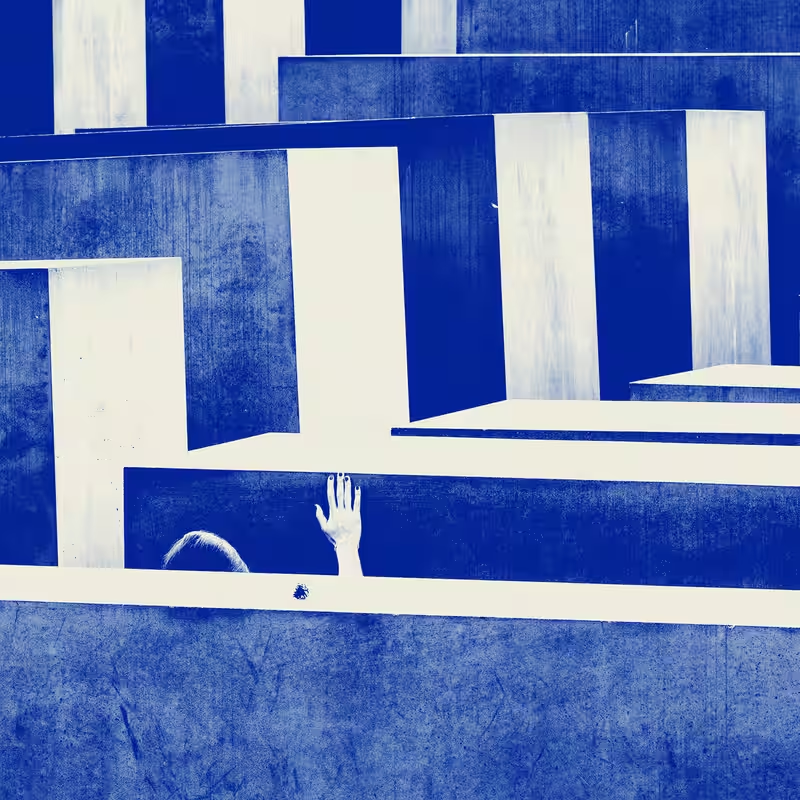In a powerful new reflection published by The New York Times, Columbia University professor Marianne Hirsch challenges how the Holocaust is invoked in contemporary political discourse—particularly in relation to the war in Gaza. Her central argument? That the memory of the Holocaust, often called “the crime of all crimes,” is being misused to justify violence rather than prevent it .
Holocaust Analogies in the Israel-Gaza Conflict
Since the October 7, 2023, Hamas attacks on Israel, Israeli leaders—including Prime Minister Benjamin Netanyahu—have repeatedly drawn parallels between Hamas and Nazi Germany. “This is the savagery that we only remember from the Nazi crimes in the Holocaust. Hamas are the new Nazis,” Netanyahu declared shortly after the attacks .
Such rhetoric has resonated widely among Israeli officials and their supporters in the U.S., framing the military response in Gaza as a moral imperative rooted in historical trauma. But Hirsch, a leading scholar in memory studies and author of Family Frames and The Generation of Postmemory, warns that this comparison distorts both history and ethics.
Why Holocaust Comparisons Are Problematic
Hirsch argues that equating Hamas with the Nazi regime not only oversimplifies a complex geopolitical reality but also instrumentalizes Jewish suffering. “The Holocaust was a state-sponsored, industrialized genocide targeting an entire people across Europe,” she explains in her interview with Times columnist Masha Gessen. “Hamas is a militant group operating in a specific context of occupation and blockade.”
Using the Holocaust as a rhetorical weapon, she contends, risks eroding its historical specificity and moral weight. Worse, it can silence critical discussion about civilian casualties in Gaza by branding any dissent as antisemitic or historically ignorant.
A New Framework for Teaching the Holocaust
Rather than using the Holocaust as a shield for policy decisions, Hirsch advocates for teaching it as a lesson in human rights, empathy, and the dangers of dehumanization. She proposes a pedagogical shift:
- Context over comparison: Teach the Holocaust within its full historical, political, and social context—not as a template for every modern atrocity.
- Ethical responsibility: Emphasize that remembering the Holocaust should inspire protection of all vulnerable populations, not just one’s own group.
- Complex memory: Encourage students to understand how memory is shaped, contested, and sometimes weaponized.
The Link Between Memory and Moral Action
For Hirsch, the true legacy of the Holocaust isn’t vengeance—it’s vigilance. “If we reduce the Holocaust to a slogan used to justify bombing densely populated areas,” she says, “we betray its deepest lessons.” She stresses that ethical remembrance means opposing dehumanization wherever it appears, including in the language used to describe Palestinians.
This perspective aligns with a growing chorus of historians, rabbis, and human rights advocates who argue that invoking the Holocaust must be done with precision and humility—not as a cudgel, but as a compass.
Public Reaction and Academic Debate
Hirsch’s comments have sparked intense discussion. Some praise her for reclaiming Holocaust memory from political exploitation; others accuse her of downplaying Hamas’s brutality. Yet even critics acknowledge the urgency of her core question: How do we honor the past without distorting the present?
As the war in Gaza continues and global polarization deepens, Hirsch’s call for nuanced, responsible memory may be more vital than ever.




